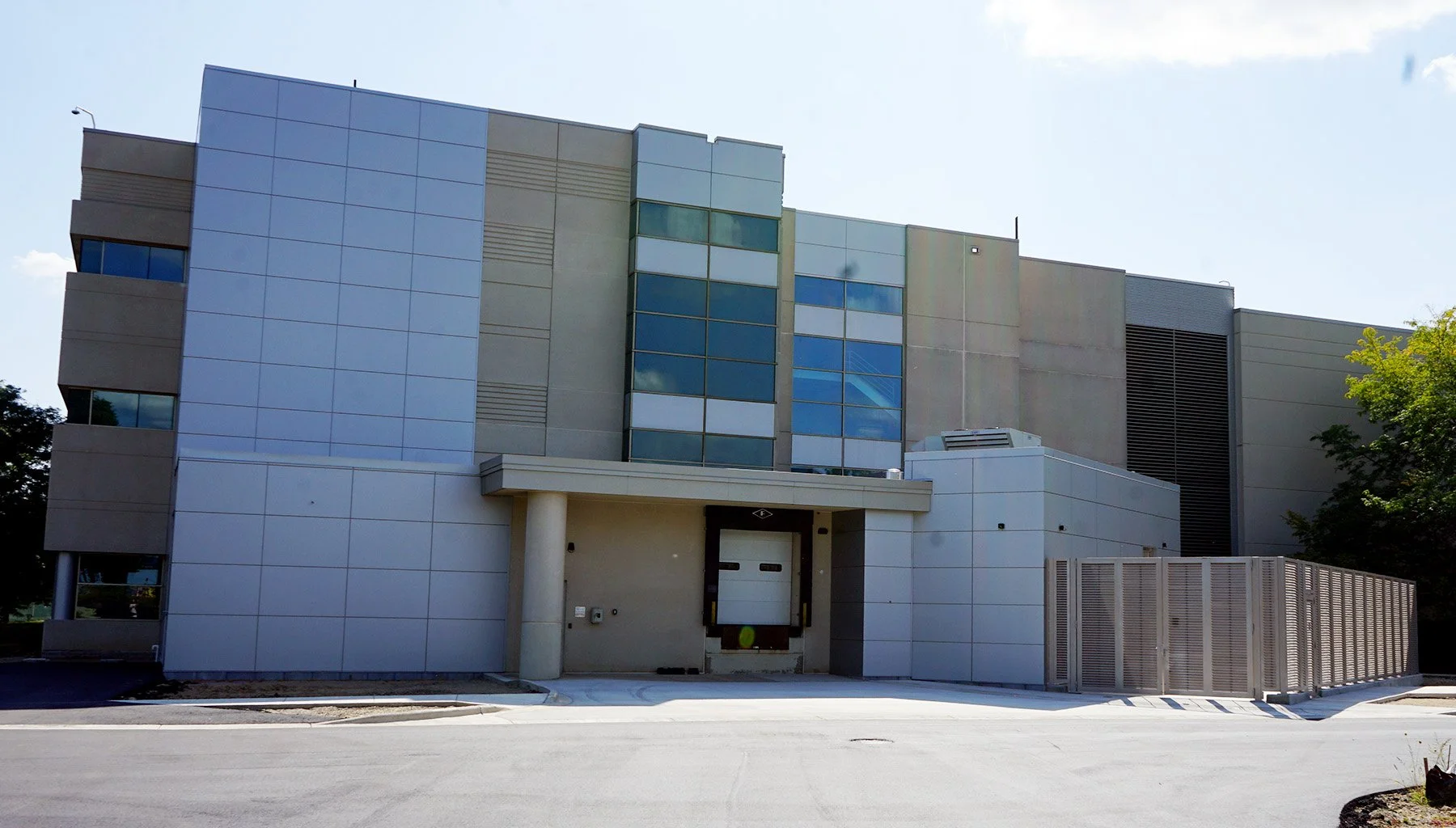Purpose-Built Lab Boosts Capacity and Precision for Cell and Gene Therapies
Labcorp’s expanded 26,000‑sf CGT lab in Madison, WI, features specialized surgical suites and advanced imaging to accelerate preclinical research and support the development of innovative therapies. Image: Kim Christianson
Labcorp has announced a major expansion of its cell and gene therapy (CGT) laboratory in Madison, WI, creating a purpose-built 26,000-sf facility designed to meet the growing demands of this rapidly evolving field. The expanded lab is engineered to accelerate preclinical research, streamline workflow efficiency, and provide state-of-the-art testing capabilities, enabling faster, more reliable evaluation of innovative therapies. With specialized surgical suites, advanced imaging technologies, and infrastructure tailored for complex CGT studies, the facility positions Labcorp to support clients in bringing life-changing treatments to patients more quickly and safely.
Specialized infrastructure supporting complex therapeutic research
According to Brian McIntosh, PhD, director of scientific experts and global lead for preclinical CGT at Labcorp, “The primary goal of the Madison laboratory expansion was to offer a facility purpose-built for the unique complexities of transplantation of cell therapy or gene therapy (CGT) development, enabling faster access to innovative treatments for patients. The models used to assess cell or gene therapy safety, protecting the first human administration, require specialized clean environments to ensure safety is evaluated in an environment devoid of pathogens. This allows the lab to accommodate diverse modalities and therapeutic areas, including ocular, neurodegenerative, and musculoskeletal therapies. By expanding our capabilities, we’re not only supporting our customers’ therapeutic pipelines, but also helping bring life-changing therapies to those who need them most.”
The expanded facility is equipped with three new specialized surgery suites, including a dedicated ocular surgery suite, a stereotaxic suite, and an MRI-guided surgery suite. These spaces enable researchers to perform highly precise procedures, model disease progression, and generate translational data that are critical for therapeutic development. McIntosh says, “The ocular surgery suite strengthens our ability to support advanced work in therapies targeting vision disorders, a continuously growing area of cell and gene therapy. The MRI-guided surgery suite allows researchers to conduct highly precise procedures in neurodegenerative and other complex therapeutic areas. Together with the stereotaxic suite, these additions expand Labcorp’s ability to model disease progression, evaluate safety and efficacy, and generate translational data that are critical for clients’ research programs.”
Collaboration shapes practical, efficient design
A key feature of the Madison expansion is how closely researchers and lab staff were involved in the design process. Their input ensured the facility not only meets scientific standards but also supports efficient, day-to-day operations. “Researchers and lab staff were closely involved in the design process to ensure the facility supports both scientific excellence and day-to-day efficiency,” McIntosh explains. “Their feedback influenced decisions, such as incorporating dedicated surgery suites to handle highly specialized procedures, optimizing lab layouts to improve workflow, and selecting equipment that aligns with the types of studies most in demand. It’s important to animal welfare for the surgical spaces to be close to the home rooms. The staff evaluated distance, transport time and route, and we pulled the surgical spaces into closer proximity to limit the amount of time animals needed to be transferred. Importantly, we mapped spaces of higher concern to the welfare of the animal and removed these from previous routes.”
This thoughtful approach ensures that both personnel and research models are supported efficiently, helping the lab maintain high standards for safety and reproducibility while facilitating accelerated project timelines.
Tripling capacity to meet growing demand
Before the expansion, Labcorp faced challenges related to limited space and constrained resources, which impacted the speed of study initiation and made it difficult to accommodate multiple therapeutic areas simultaneously. The Madison facility’s expansion triples the lab’s capacity, offering more concurrent study capabilities and access to specialized equipment. “By tripling our capacity, we’re able to move much more quickly—from study award through key milestones. That translates into shorter timelines for our clients, faster speed to IND and CTA submissions, and ultimately, a more seamless experience,” McIntosh says.
The increased footprint also allows Labcorp to continue broadening its therapeutic expertise, with preclinical teams specializing in ocular, neurodegenerative, musculoskeletal, cardiovascular, respiratory, metabolic, oncology, and autoimmune disorders. By integrating advanced imaging, dedicated surgical suites, and purpose-built lab infrastructure, the facility supports high-quality data generation that is critical to advancing CGT programs.
Transitioning researchers and ongoing projects into the new facility was a key operational consideration. Labcorp has implemented a carefully coordinated move to maintain continuity for ongoing studies while integrating the expanded capabilities. McIntosh says, “We have carefully managed the transition to minimize disruption. Our researchers and staff are moving into the new facility in a coordinated manner, allowing us to maintain continuity for ongoing projects while seamlessly integrating the expanded capabilities.”
Lessons for future lab expansions
Looking back on the design and construction process, Labcorp highlights several best practices for specialized lab expansions in rapidly evolving fields like CGT. McIntosh says, “One of the key takeaways from this project is the value of close collaboration with our scientific and operational teams throughout the process. Their insights helped us create a facility that is both cutting-edge and practical for day-to-day use. Another best practice was building in flexibility. Because cell therapies and gene therapies are advancing so rapidly, it was important to design a space that can adapt as the science and client needs evolve.”
By emphasizing adaptability, workflow efficiency, and precision, Labcorp’s Madison CGT laboratory serves as a model for future expansions in specialized research spaces, combining scientific rigor with practical design considerations.
The Madison expansion reflects Labcorp’s ongoing focus on supporting cell and gene therapy research. The purpose-built facility, with its increased capacity and specialized resources, enables more efficient preclinical studies and helps move programs from discovery through early clinical evaluation. As the field of CGT continues to evolve, the expanded lab offers the infrastructure and capabilities needed to support a wide range of therapeutic research safely and effectively.

